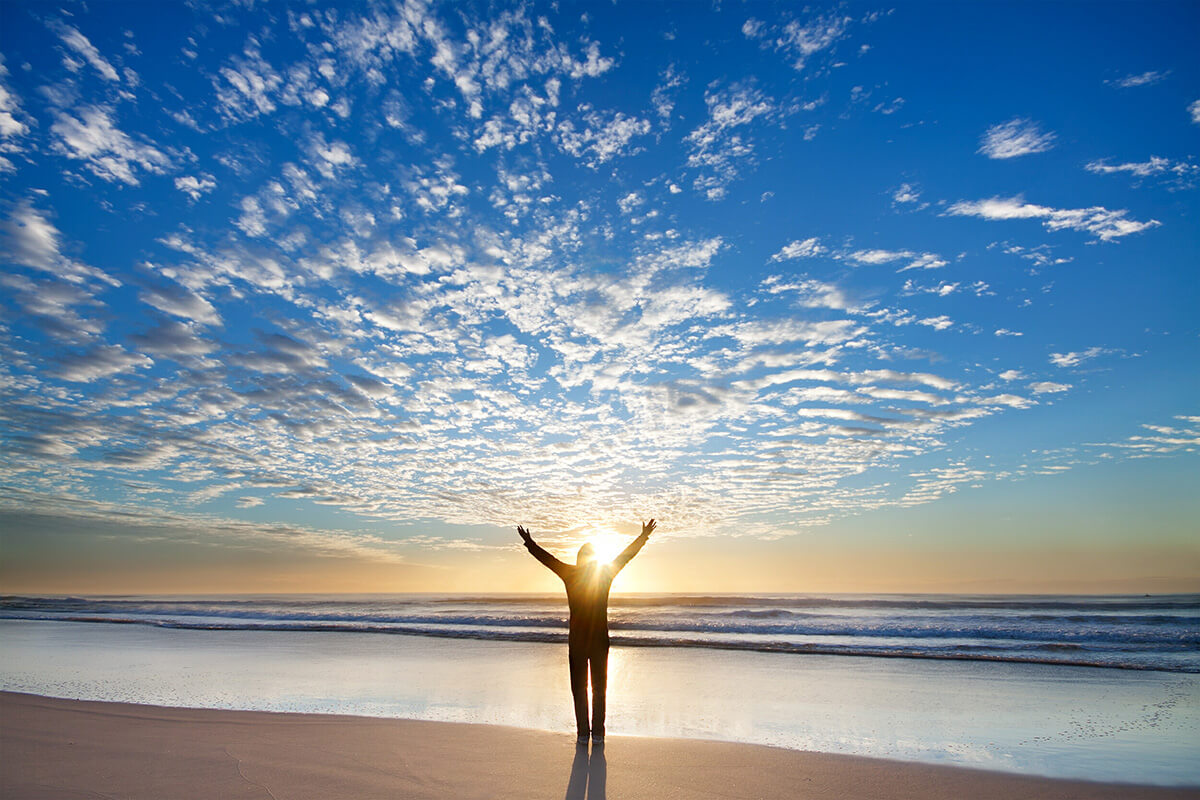That's pretty heavy stuff. And we're starting to see huge mental health challenges arise as a result. I know I've witnessed an increased level of anxiety and depression in my wife and her scientist colleagues over the past few years. In fact at global science conferences the mental health issues associated with those at the conservation coal face is a growing stream, not only for those working in the field but for humans that have an innate sense of a loss of connection to the natural world. There's even a thing now called conservation grief for those who have witnessed species and habitats in the midst of the extinction process.
This is not about watching too much depressing news on the TV. This is about humans destroying their own home.
So what can I do I hear you ask? The problems are so huge, I'm just one person. It gives me anxiety just thinking about this stuff. I've got my own problems to deal with.
I hear you. Loud and clear.
But there is one simple thing that you can do right now, this afternoon or this weekend that will instantly make you feel better. Guaranteed. Whether you care about the environment or not, this will help heal your soul regardless.
The science on the role of nature to heal and improve mental health is in. We need to get out of the constraining, oppressive four walls that surround us at work and home and get some sand or grass under our feet. Frequently. We need to breathe pollution free air. Frequently. We need to lie on the earth and stare up at the clouds. As much as we can.
Check out this cute video for a laugh, but it's so true.
